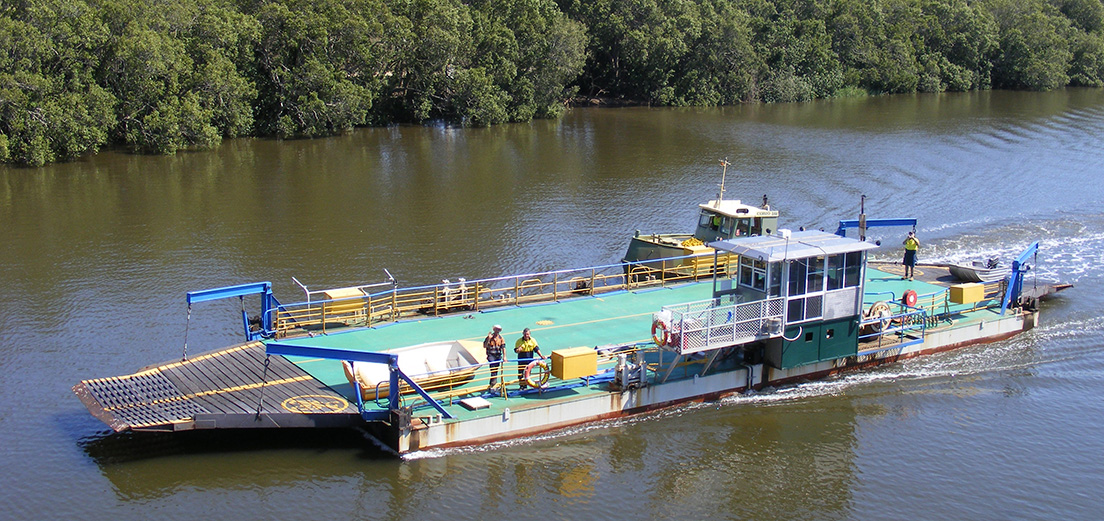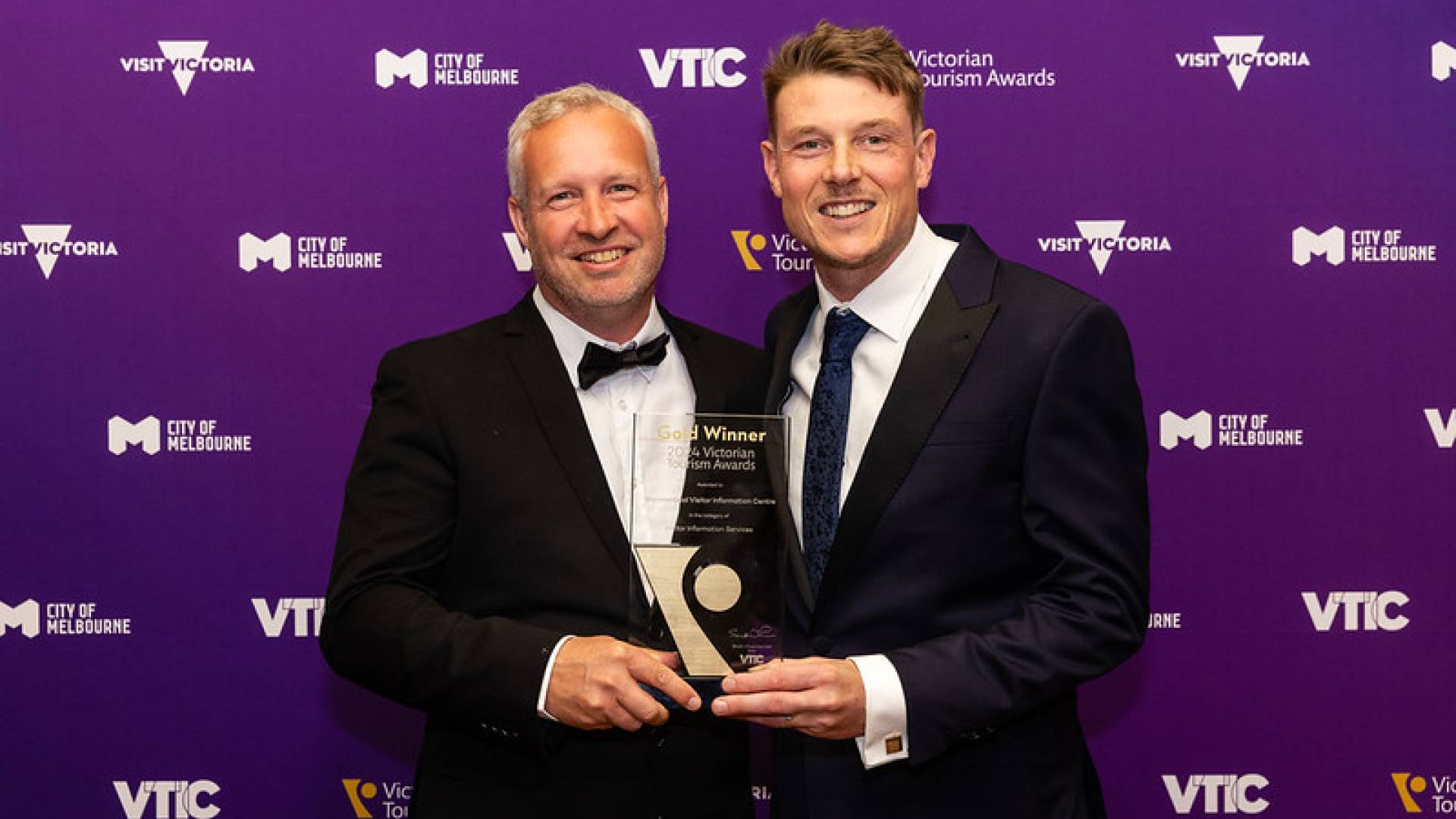Rebecca Masterton is living proof that those who face the toughest of challenges can come out better and stronger. As one of the recipients of this year’s APS Bendi Lango bursary, she has firmly set her sights on helping other First Nations people come to terms with their trauma.
Rebecca Masterton didn’t think her 12-year-old son Cody would have a Christmas this year.
The 53-year-old Gubbi Gubbi and Wakka Wakka woman from Brisbane had been experiencing financial hardship after six years of study for her psychology degree and unpaid placements.
“As an adult, I have never been so financially down and out. I just had to borrow money from my sister again to pay another bill.”
Just one day after that difficult conversation, Rebecca received a call telling her she was one of two recipients of this year’s Bendi Lango bursary, established by the APS to support postgraduate Aboriginal and Torres Strait Islander psychology students.
One of the aims of the bursary is to triple the proportion of Indigenous psychologists to match their representation in the Australian population. They currently account for less than 1% of the profession.
“I’m still on a high”, says Rebecca. “It’s such a privilege and an honour. This was a life-changing event for me, and it’s so rewarding to know I’m changing others’ lives.”
Rebecca has always wanted to help and care for others in need.
“As a child in primary school, I remember asking mum for extra lunch for kids who didn’t have any food. My mum and dad were very kind, caring people, and I was blessed to have had a beautiful childhood.”
But when Rebecca needed special care herself, she couldn’t always find it.
“My life has involved trauma in the form of domestic violence, but in the past it’s been hard to find shelters, advice, counselling and affordable mental health support, which only added to the stress and anxiety I was feeling,” she says.
“Following my own journey of trying to heal with little support, I decided to devote my life to helping others heal from their own trauma, and it became clear that becoming a psychologist was the path I needed to take.”
Mapping a plan
Rebecca knew the journey to becoming a psychologist wouldn’t be easy, as she didn’t have the head start that many of her peers did.
She left high school after year ten 10 due to extreme bullying and commenced a hairdressing apprenticeship, as she felt she was more creative than academic at the time. But when her eldest sister Gina gained a law degree in 2000, it lit a path that Rebecca felt encouraged to follow.
“Gina was the first person in our family to attend university, and in 2000 she became the first Indigenous female barrister in Queensland. I saw how getting a tertiary education and becoming a lawyer had empowered her – how she flourished. I realised if I wanted to be respected as a psychologist, I’d need a degree.
“I created a vision board and I made a plan. I’ve always believed that if you’re passionate about something, you’re already halfway there.”
The dedication required to stay focused and complete her degree has been challenging – and not just financially.
“Studying for a degree can be emotionally, physically and mentally draining, and it takes significant commitment. I’ve missed out on time with family and friends, but I made those sacrifices because I knew that when I finished, I’d be able to change lives, including my own.
“As I tell my son, you can never give up because greatness takes time.”
Rebecca is immensely proud of what she has achieved, especially completing her degree as a mature-aged student, being a single mum to a son who is now almost 13, and caring for her elderly mother until she passed away in 2021.
During her journey, Rebecca has always found time to volunteer and develop her skills. She’s been a member of Soroptimist International, improving the lives of women and girls on the Gold Coast and beyond, she’s volunteered for homelessness organisations, and worked as a disability and aged care support worker during her studies, after completing an internship with the Endeavour Foundation.
Currently, she is training to be a Lifeline Crisis Support Counsellor.
Championing Indigenous women and girls
Rebecca’s tireless work has further fortified her zeal to provide deep-rooted support to Indigenous people who have experienced trauma.
“Being able to access counselling to address your personal trauma is not only life changing but lifesaving,” she says. “First Nations people who have suffered trauma for over 200 years can only benefit from ongoing professional help, in particular from Indigenous psychologists and health professionals who understand the issues they face and continue to face.”
Despite all of Rebecca’s rewarding experiences, her dream is to support women and girls. Among her roles as a psychologist in her local Indigenous community, including at a health centre and a local employment agency, she also runs therapy programs for Indigenous children in primary schools.
“I love it and plan to develop a program for high-schools that will guide young women towards improving their self-esteem and feeling empowered,” she says. “Helping an individual grow their confidence is like giving them a super power for everything they will face in life.”
Throughout her six years of study, Rebecca has been a mentor and a friend to other Indigenous psychology students and says she’s “extremely hopeful” that the number of Indigenous psychologists will continue to grow.
“I am determined to help my Indigenous people to thrive; our longevity is going to depend on having more qualified Indigenous mental health and wellbeing workers.
“I also want to organise a fun walk twice a year for our mob, to promote health, wellness and remove the shame and stigma around talking about our feelings.”
Rebecca continues to prioritise her own wellbeing when she needs to, checking in with her mental health daily.
A staunch believer in the power of resilience, Rebecca believes that armed with the right tools, we can overcome challenges.
She doesn’t believe in telling her clients, “You can get over your trauma if you forgive and forget”. Instead she explains, “If you can learn the power of ‘acceptance’ you can begin your personal journey of self-healing.”
“I want people to realise that if we can begin to heal from our trauma, then it is possible to unlock our human potential and open ourselves up to all the possibilities life has to offer.”







